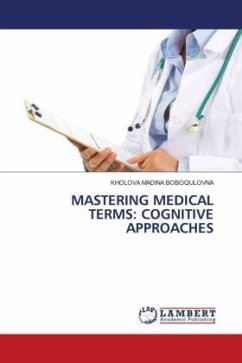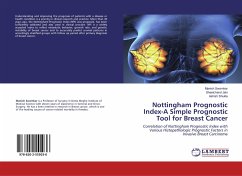
Mastering the Art of ECG Interpretation: Keep it simple silly
Practical Strategies for Accurate and Efficient ECG Analysis
Versandkostenfrei!
Versandfertig in 6-10 Tagen
45,99 €
inkl. MwSt.

PAYBACK Punkte
23 °P sammeln!
An electrocardiogram (ECG) is a vital diagnostic tool used to measure the electrical activity of the heart. It provides a visual representation of the heart's rhythm, rate, and other important parameters, allowing doctors to diagnose and monitor a wide range of heart conditions.ECG interpretation can be a daunting task, particularly for healthcare professionals who lack formal training in cardiology. However, with the right approach, anyone can learn to interpret ECGs accurately and efficiently.One common pitfall when interpreting ECGs is overcomplicating the analysis. It's easy to get lost in...
An electrocardiogram (ECG) is a vital diagnostic tool used to measure the electrical activity of the heart. It provides a visual representation of the heart's rhythm, rate, and other important parameters, allowing doctors to diagnose and monitor a wide range of heart conditions.ECG interpretation can be a daunting task, particularly for healthcare professionals who lack formal training in cardiology. However, with the right approach, anyone can learn to interpret ECGs accurately and efficiently.One common pitfall when interpreting ECGs is overcomplicating the analysis. It's easy to get lost in the maze of complex waveforms and measurements, but in reality, many ECG findings can be understood using a simple and logical approach.In this book, we will explore some tips and strategies for mastering the art of ECG interpretation, with a particular emphasis on keeping it simple. By following these guidelines, healthcare professionals can gain confidence in their ECG interpretation skills and provide better patient care.












